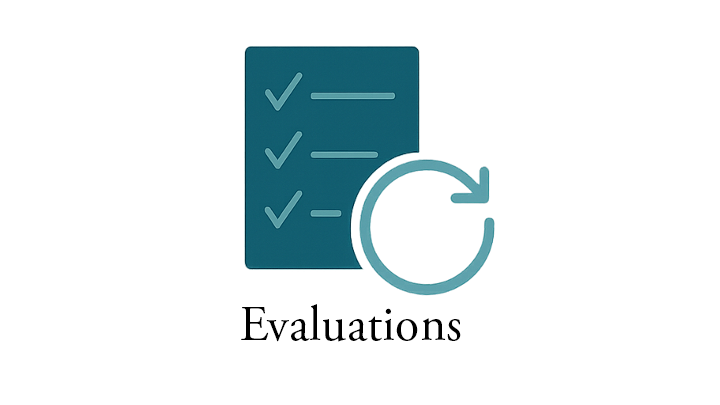
- Professional Commitment and Approach -
Dr. Granovetter's evaluation practice is founded on three core principles that guide every assessment and report:
Clarity. Objectivity. Confidentiality. (click each to learn more)
Evaluation Approach
The central aim of any professional evaluation is to provide a clear understanding of any conditions or contributors that may affect safe and competent practice. In the context of physician health and performance, this means addressing three key questions:
What, if any, clinical or behavioral factors are currently relevant to the physician’s health and professional function?
What is the physician’s present capacity to practice safely, professionally and competently?
What are appropriate next steps to facilitate return to safe practice?
To answer these questions, Dr. Granovetter applies a structured and methodical approach that integrates data from multiple sources: clinical interviews, psychological testing when indicated, collateral input, workplace documentation, and relevant medical or treatment records. The process emphasizes the use of validated instruments and behavioral observations rather than assumptions or subjective impressions.
This approach reflects the recognition that a physician’s capacity for safe and effective practice depends not only on the presence or absence of a condition but on its current impact on professional function. Evaluations therefore focus on function over diagnosis—assessing what an individual can do safely rather than labeling what they have.
Ethics, Confidentiality, and Respect
Dr. Granovetter recognizes that an evaluation of a physician or healthcare professional can be an intensely personal and often stressful experience. He maintains a process that is transparent, respectful, and ethically grounded, consistent with the highest standards of professional conduct.
Confidentiality is carefully defined and preserved. Information is shared only as authorized, and communication with all parties remains professional, factual, and appropriate to the purpose of the referral. The evaluation environment is structured to ensure that every participant—whether referring entity or individual being evaluated—understands the process and expectations fully.
Philosophy of Professional Wellbeing
Drawing from decades of experience in physician wellbeing and his own recovery journey, Dr. Granovetter believes that addressing professional impairment serves individual, organizational and public safety interests. Early identification and appropriate intervention can prevent harm while preserving careers and supporting recovery. His evaluations are conducted with the understanding that healthcare professionals facing impairment deserve compassionate, expert assessment that balances their rights, the needs of the referring entity public safety considerations.
Evidence-Based Standards and Professional Guidelines
Dr. Granovetter’s methodology is informed by the most current national and state guidelines for physician health and evaluation, including:
Federation of State Physician Health Programs (FSPHP) Guidelines (2019)
California Public Protection & Physician Health (CPPPH) Guidelines (2022)
California Medical Association (CMA) Policy on Physician Well-Being
American Society of Addiction Medicine (ASAM) Criteria
These frameworks define best practices for fairness, transparency, and defensibility in evaluation. They ensure that recommendations are consistent with the highest standards of professional accountability while remaining sensitive to the complexities of individual cases.
Each evaluation incorporates these standards in both structure and documentation. Reports clearly identify the sources of data, methods used, and the reasoning behind each conclusion—an essential foundation for credibility and defensibility.




